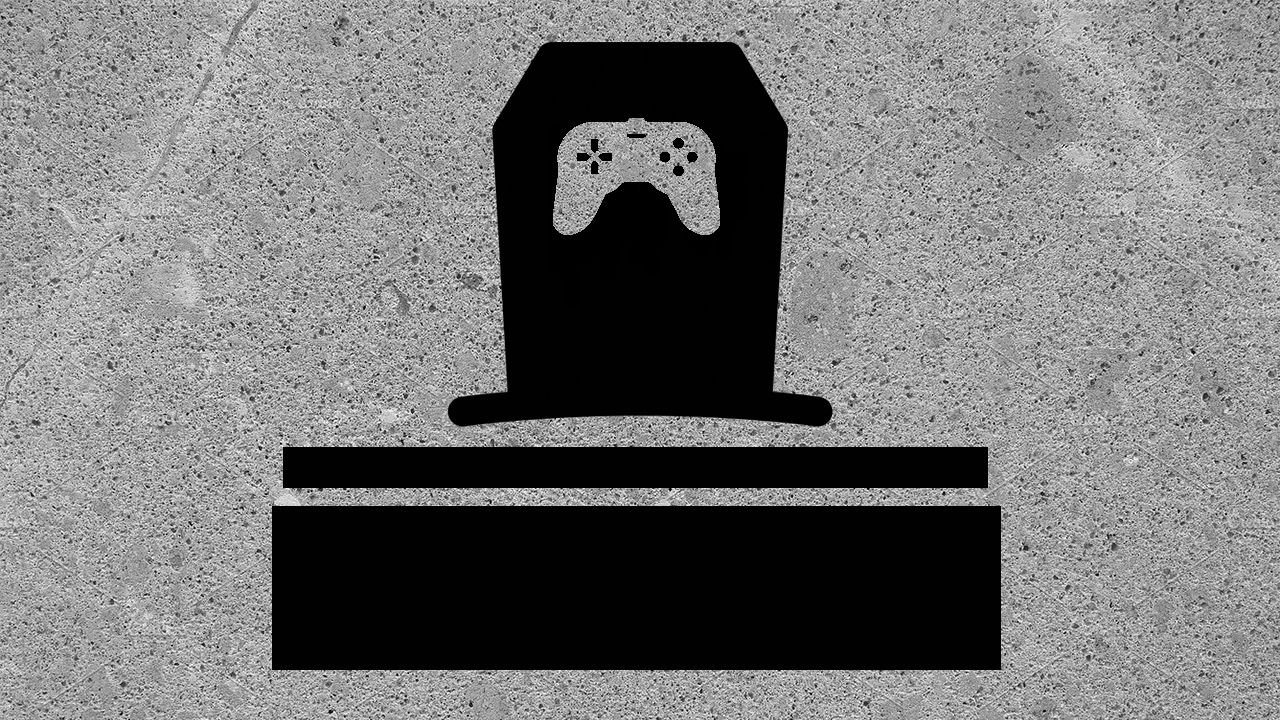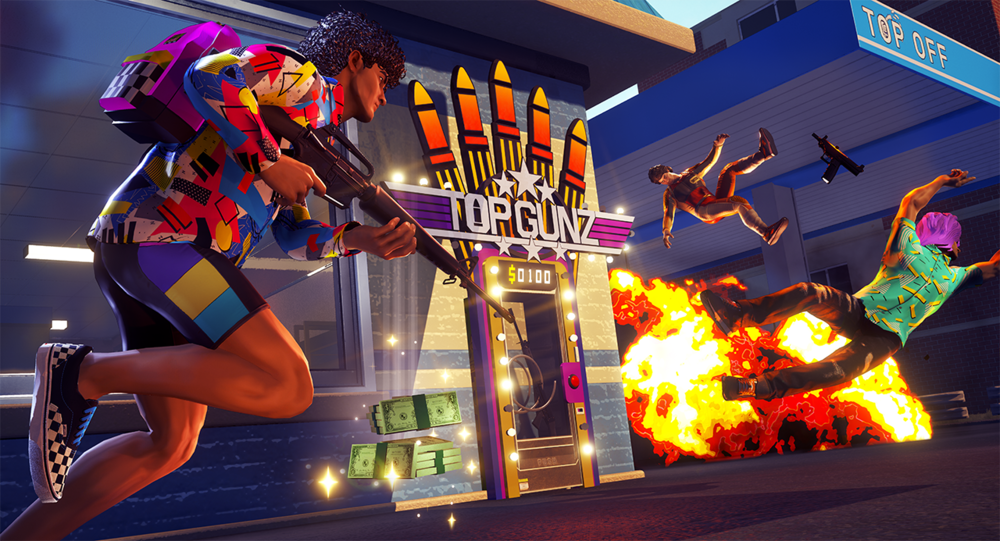In the basement of my house there is an old, gray backpack filled with Nintendo 64 cartridges. Next to the backpack is a drawer filled with several Game Boy games, tattered manuals, and miscellaneous peripherals. There are car chargers, link cables: even the attachable lights you can plug into the original Game Boy to see the screen on dark car rides home.
All of these things have been in my basement for years: in fact, I consider them part of my basement. They were there long before they could be considered nostalgic, collectible, or retro. For a long time, I looked at them the same way I now look at the unplugged Nintendo Wii that stands upon the dresser in my room for decoration.
For the most part, I have no genuine attachment to these items. I know if I get rid of my Xbox 360, I can easily buy another one on the internet. I know if I give someone my copy of Mischief Makers for the N64, I could buy another copy of that as well. The truth is that these items are not my childhood; they are conduits of my childhood, tangible relics that exist in a tangible world. All of the complete-in-box games in the world could not replicate the feeling of being a child and playing Mario Kart: Double Dash with my cousins. The only thing that could come close to recreating that feeling is actually sitting down and playing the game again.
That’s the beauty of these memories—I know that all of the things I enjoyed as a child are one short download or eBay search away from being enjoyed again. Last summer, I spent $8 on a copy of Ken Griffey Jr.’s Major League Baseball for the N64, a game that was a staple in my household growing up. The first thing I did upon inserting the cartridge was trade Mike Piazza from the Dodgers to the Mets, the same way I did as a child. After a few days of playing against the powerhouse Atlanta Braves and the (now non-existent) Montreal Expos, I moved the cartridge downstairs with the others in the basement. It had done its job, and that’s all I could have hoped for.
[pullquote]"The truth is that these items are not my childhood; they are conduits of my childhood, tangible relics that exist in a tangible world."[/pullquote]
But what happens when you can’t revisit the games that are important to you? What happens when the games you enjoyed so much in the past don’t exist in a place, but a time?
As the industry pivots towards the model of "games as a service," these are the questions that may we find ourselves asking a lot more in the future. Will I be able to play PlayerUnknown’s Battlegrounds in twenty years, depending on the if the servers are still active? What about thirty? If so, will it have a big enough community to actively have one-hundred-person matches like the game intends? What about Grand Theft Auto IV? Even if the servers are still online in thirty years, won’t the streets of Liberty City be a barren wasteland?
Just last month, Cliff Bleszinski -- the co-founder of Boss Key Productions -- announced that his studio was shutting down. This news might have come as a surprise to some, considering that Boss Key had just released the somewhat popular Radical Heights, a battle royale shooter that looked like the adrenaline-packed, steroid-fueled older brother of Fortnite. However, the writing on the wall stated that it was all for naught; Fortnite’s impeccable community management, as well as PlayerUnknown’s Battlegrounds’ seniority and huge player-base, made the market almost impossible to break into. Radical Heights wasn’t the first battle royale game, and it didn’t get a chance to be the best -- as the saying goes, it was all too little, too late.
Upon hearing the news that Boss Key was shutting down, my thoughts drifted towards the Radical Heights community. How would it feel to wake up one day and realize that soon you wouldn’t be able to play your favorite game? While we can merely theorize and postulate what will happen to the communities surrounding Grand Theft Auto IV and PlayerUnknown’s Battlegrounds, we can simply look at what’s happening with Radical Heights right now.
The Radical Heights subreddit has become a mourning place in recent days -- an elephant graveyard made up of gamers getting ready to say goodbye. Thread titles include the disheartening “Long live Radical Heights,” “150 hours of fun this month. Will miss this game,” and poignantly, “Where are you going now?” Inside the latter of these threads, commenters weighed in on which battle royale game they’ll ultimately end up playing next. While some commenters figured that they’ll move on to Fortnite or PlayerUnknown’s Battlegrounds, others came up with more unique answers with lesser-known games, such as Escape From Tarkov, Hunt: Showdown, Islands of Nyne: Battle Royale, Battlerite, Ring of Elysium, and The Darwin Project. Just like that, with very little fanfare, Radical Heights’ community prepared to move on.
[pullquote]"The Radical Heights subreddit has become a mourning place in recent days -- an elephant graveyard made up of gamers getting ready to say goodbye." [/pullquote]
Usually the question of game preservation is a question of physicality. Much ado has been made about the era of digital downloads; an era where less folks are buying tangible copies of games than ever before. While the collectors market’s demand for physical media has led to the creation of Limited Run Games and other similar efforts, these companies seek to solve the question of tangibility and not the question of accessibility. What good is having the original Splatoon for Wii U on a disc if Nintendo shuts down the servers in ten years? Furthermore, will there ever be a way for someone in the future to have the authentic experience of going online and finding people to play with? The fact of the matter is that these games as experiences will eventually be lost to time. Like the players of Radical Heights are now discovering, some things don’t last forever.
I keep thinking about the cartridge of Super Mario 64 nestled inside the gray, child-sized backpack in my basement. I think about Mario jumping around the entrance of Princess Peach’s castle. I think about diving into an underwater pirate ship and searching for air bubbles. I think about helping a penguin find her lost child. I think about the ghosts in the courtyard.
I can still go back there. But some people will never be able to.



